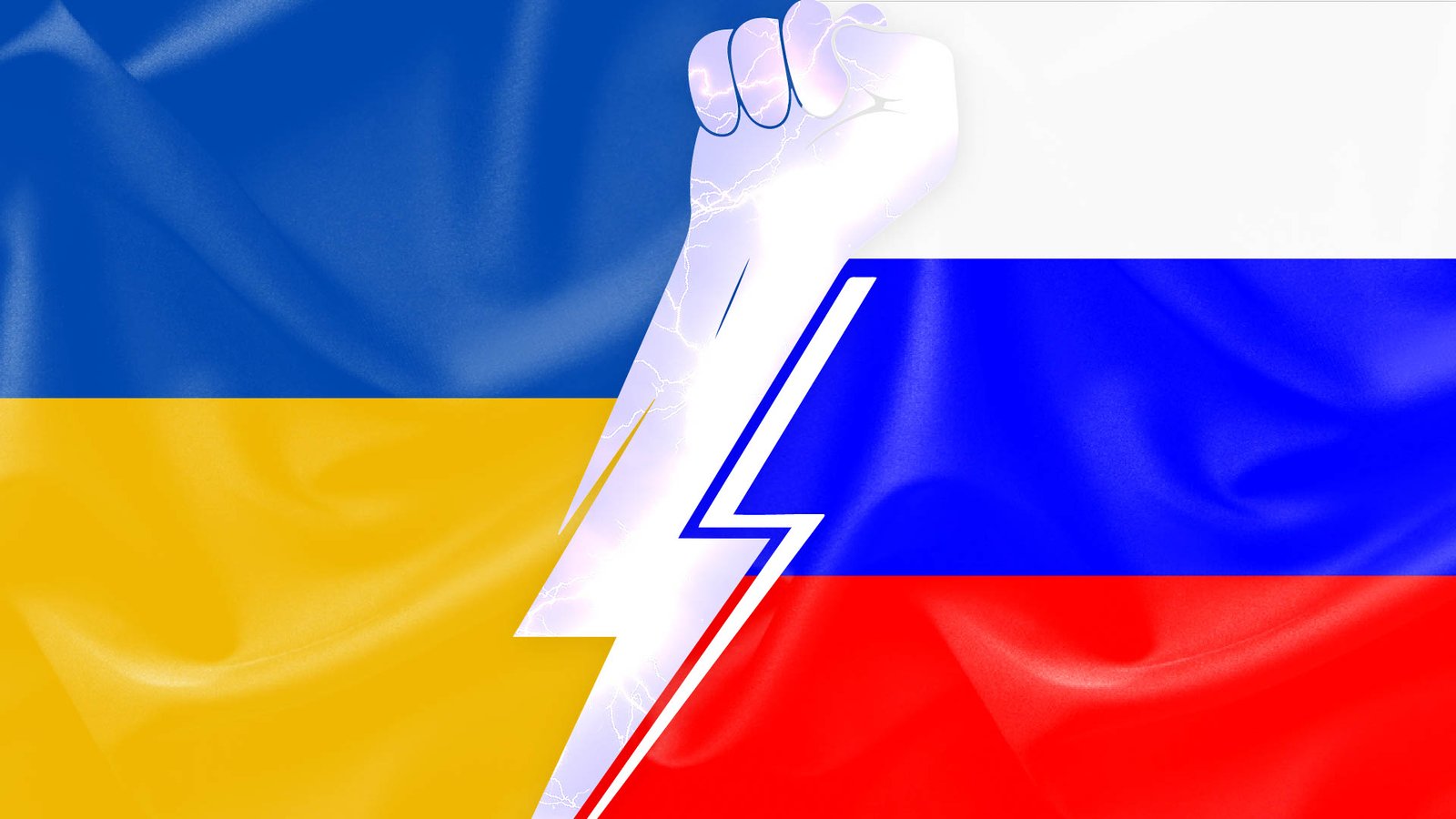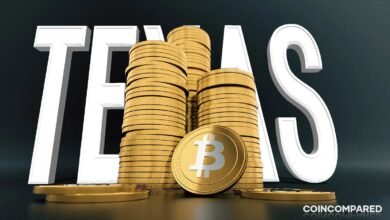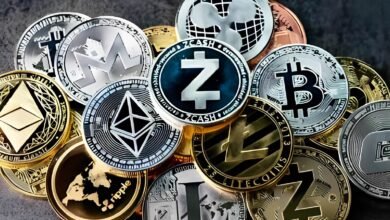
Within the early hours of February 24, rumors of a comprehensive Russian assault on Ukraine turned out to be true.
according to US sources, Russia has accumulated upwards of 190,000 soldiers on Ukraine’s boundaries over several months. The military buildup near Russia’s neighbor and former Soviet Union state began in late 2021 and accelerated this year.
Russian Leader Vladimir Putin has started a hitherto unheard-of invasion of Ukraine. On Monday, Putin deployed soldiers into two pro-Russian separatist territories in eastern Ukraine.
Even though Russia starts an attack on Ukraine, Russian Ruler Vladimir Putin features prominently. Numerous sources of explosives, bombs, and Russian armed forces equipment penetrating Ukraine from multiple moments along the Russian demarcation line have surfaced overnight, associated with increased production of deaths on both sides.
Putin had already captured global interest previously in the week when he sent soldiers into solid and effective breakaway areas in eastern Ukraine and declared themselves sovereign republics.
According to the Worldwide Population Survey, Ukraine now has a demographic of 43.3 million inhabitants. “Ukraine’s demographic has indeed been shrinking since the 1990s, leading to unsustainable immigrant ratios, diminishing fertility, and notably premature deaths,” according to the research. Several people flee Ukraine since it is the weakest European country, is at odds with Russia to the east, and is plagued by bureaucracy. The inhabitants are now falling at a 0.59 percent annual pace, which has risen each year since 2015. According to the Un Charter, Ukraine might lose approximately one-fifth of its population by 2050.”
Why Ukraine?
Threats of a military battle between Ukraine and Russia have been persistent for some time, and eastern Ukraine has served as a staging ground for something like the two nations’ regional conflict.
Immediately following Russia’s annexing Crimea from Ukraine in 2014, anti-rebels declared two republics in the nation’s economic east: the Donetsk Person’s State and even the Luhansk Founding of the republic, much to the chagrin of the Ukrainian authorities.
Germany and France have attempted to mediate a ceasefire agreement between Ukraine and Russia, dubbed the “Minsk agreements.” Moreover, during short moments of ceasefire in the Donbas, both Ukraine and Russia had also condemned one another for breaking the rules of the agreements, and combat has continued.
On Tuesday, Putin told a news conference that “the Minsk accords expired long beyond Monday’s proclamation of the people’s political republics,” blaming Kyiv once again for their collapse.
What Action Has Russia Taken?
Russia has vehemently rejected supporting separatism in eastern Ukraine, but this has been blamed for arming insurgents with military-grade weapons in an attempt to destabilize Ukraine’s authority, integrity, and social stability.
Following Russia’s illegal occupation of Crimea, which provoked sanctions imposed, Western authorities thought Putin’s ultimate goal would have been to attack further portions of Ukraine and establish a pro-Russian administration in Kyiv.
Russia has consistently dismissed intentions to intervene; however, the current mobilization of more than 100,000 soldiers around Ukraine’s frontier and additional troops serving in its partner Belarus for military training has only helped to heighten fears of a full-fledged Russian attack.
Putin defended sending soldiers entering eastern Ukraine on Tuesday by claiming Moscow’s acknowledgment of the “former Soviet states” was “directed exactly either by the circumstance that perhaps the Ukrainian authorities had publicly proclaimed that they would not comply with these Ceasefire agreements.”
What is Putin’s Goal?
Ultimately, the conflict surrounding Ukraine is a struggle for influence and control. Ukraine’s administration, presently led by President Volodymyr Zelenskyy, has shifted nearer the West throughout recent times, seeking to join the Europe and North Atlantic treaty organization while departing from Russia’s post-Soviet sphere.
Putin has frequently praised Russia and Ukraine’s historical and cultural unity, and Putin appears to have done so once again on Monday when he sent soldiers into the Donbas.
Ukraine’s trend forward into the West irritates Moscow. Even though it does not need to witness NATO or the EU develop eastward to include Ukraine, neither entity is likely to accept Ukraine as a member.
Russia wanted formal guarantees in December that Ukraine would never have been accepted by the North Atlantic Treaty Organization, but even those requests were denied. According to researchers, Putin realized the requests would’ve been refused but still was eligible to claim that Russia’s security issues had been neglected, which he sold to the Russian population through journalism, the majority of which is pro-Putin since it will be either state-run or has political connections.
How are the United States and other Countries Reacting to Russia’s Invasion?
On February 24, the North Atlantic Council, NATO’s political choice authority, convened an emergency session and launched its defensive measures, including the North Atlantic Treaty Organization Together Throughout. Before Russia’s strike, Biden suggested that America transfer additional soldiers to Eastern Europe to protect North Atlantic treaty organization members like Poland. Still, he has consistently stressed that the US will never deploy soldiers inside Ukraine.
Certain nations had indeed reacted to Putin’s activities in Ukraine, which the US described as the “start of an assault. On February 22, Biden unveiled a slew of penalties targeting Russian financial companies and officials. This came after he signed an executive command restricting additional investment, commerce, and finance by US citizens too, or in Donetsk and Luhansk.
According to the BBC, on February 22, British Prime Minister Boris Johnson proposed penalties targeting Russian banks, including billionaires.
On February 23, the United States government imposed penalties on the Russian-built Northern Stream 2 natural gas distribution corporation and its organizational officials. The contentious program, which extends through Russia to Europe, is still not operational.
However, it is critical for Moscow and Continental Europe to become progressively reliant on Russian supplies to meet its expanding energy demands. Despite Biden’s restrictions declaration, German Chancellor Olaf Scholz stated that his nation would delay pipeline approval owing to Russia’s conduct.
In a report provided early on February 23, Biden pledged to disclose “additional sanctions the United States and collaborators will inflict on Russia for this reckless, aggressive act towards Ukraine and world peacebuilding.”
Regardless of how the rest of the globe reacts, St. Julian-Varnon believes that local political discussion doesn’t quite divert attention away from what Ukraine truly requires.







